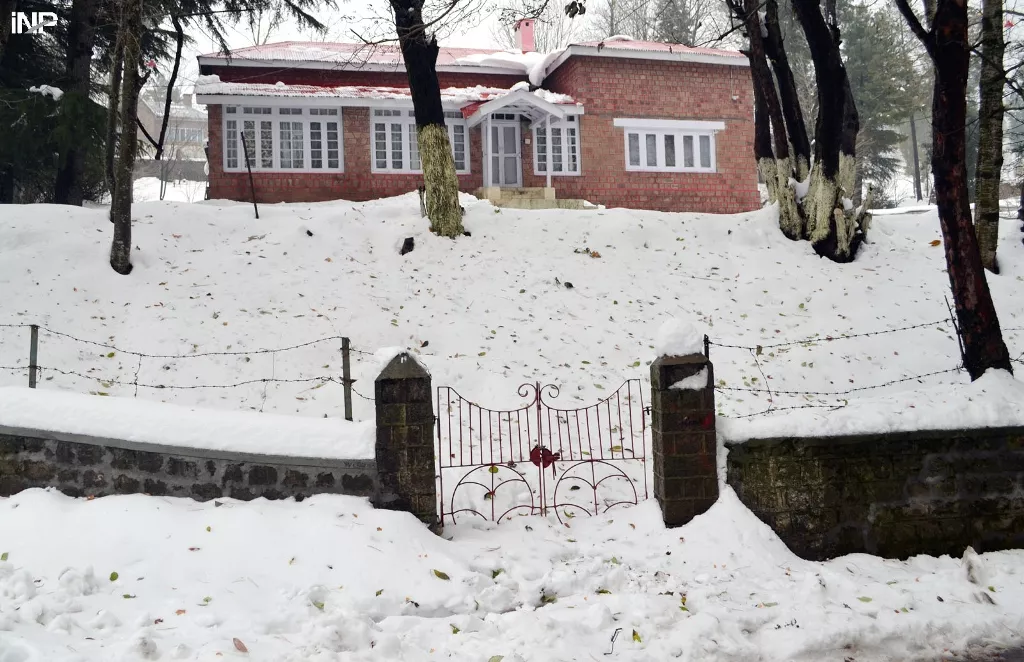Expired practices
The recent strain of typhoid in Pakistan has the international community really concerned

The writer is a Howard Hughes Medical Institute professor of biomedical engineering, international health and medicine at Boston University.
He tweets @mhzaman
As I was discussing the cause, and perhaps the driver of the problem with my colleagues in Karachi, who are seeing the problem in their wards, they suggested an unlikely culprit (among many). The doctors themselves. Confused, I asked what do they mean? The answer was simple — our doctors, particularly those working in smaller clinics, are simply unaware of the problem and dated practices and over-prescription of antibiotics, are a major reason we are seeing superbugs in our midst.
My family, like many others in the country, has some doctors who are kind to see and give advice to anyone who falls ill in the family. They also worked hard, during their medical school, and any subsequent specialisation to earn that degree and certification. But I noticed something peculiar about Pakistani doctors when I interacted with clinicians in other parts of the world. Once Pakistani doctors are done with their degree or specialisation, they never ever have to read a paper, get up to date on the latest research or have to worry about acquiring new knowledge to get re-certified. Their licence to practice is forever pending minor paperwork for renewal of their licence.
Let us put this in context. Imagine your family doctor got his or her diploma in the 1980s and has been seeing patients, giving advice and treating the ill by whatever was the standard back then. There is absolutely no reason for him or her to know that some medicines, available in the market, wouldn’t work. Unless they look, study, and review (for which is there is no requirement or incentive) they would not know about antibiotic resistance, new forms of infection, or that some medicines should absolutely not be prescribed to specific patients. The worst part is that by practising medicine by the standards of 30 or 40 years ago, no law is broken and no medical code violated. The Pakistan Medical and Dental Council (PMDC) does not require any rigorous re-examination.
Although many do keep up with new standards and researches, the majority has no clue about the latest research or the new information that is out there. The PMDC does not seem to be interested in creating a national system of re-certification (which is once every 10 years in a number of countries) and is reluctant to create an examination system for doctors who practise. Their argument is the logistical nightmare. The idea of continuing medical education (CME) that did come from the PMDC is mired in confusion, poor management and unclear guidelines. The situation in Karachi and Hyderabad is a testament to not just poor hygiene and lack of funds, but also clinicians who are exacerbating the problem.
Medical research continues to move at lightning speed. The standards of decades ago are no longer acceptable. National level re-certification exams are needed not just to stay up to date, but also to ensure the well-being of the public as a whole. Our patients, rich and poor, urban and rural, deserve care that would comfort them and improve their condition. The fundamental pillars of medicine, of empathy, dignity and knowledge, cannot be sacrificed at the altar of logistics.
Published in The Express Tribune, May 15th, 2018.
Like Opinion & Editorial on Facebook, follow @ETOpEd on Twitter to receive all updates on all our daily pieces.














COMMENTS
Comments are moderated and generally will be posted if they are on-topic and not abusive.
For more information, please see our Comments FAQ